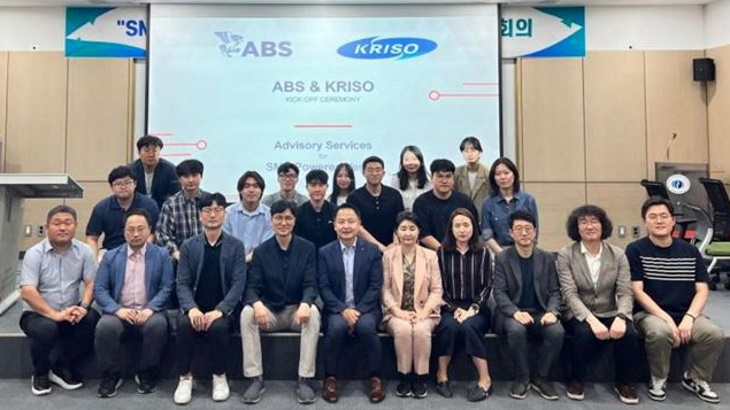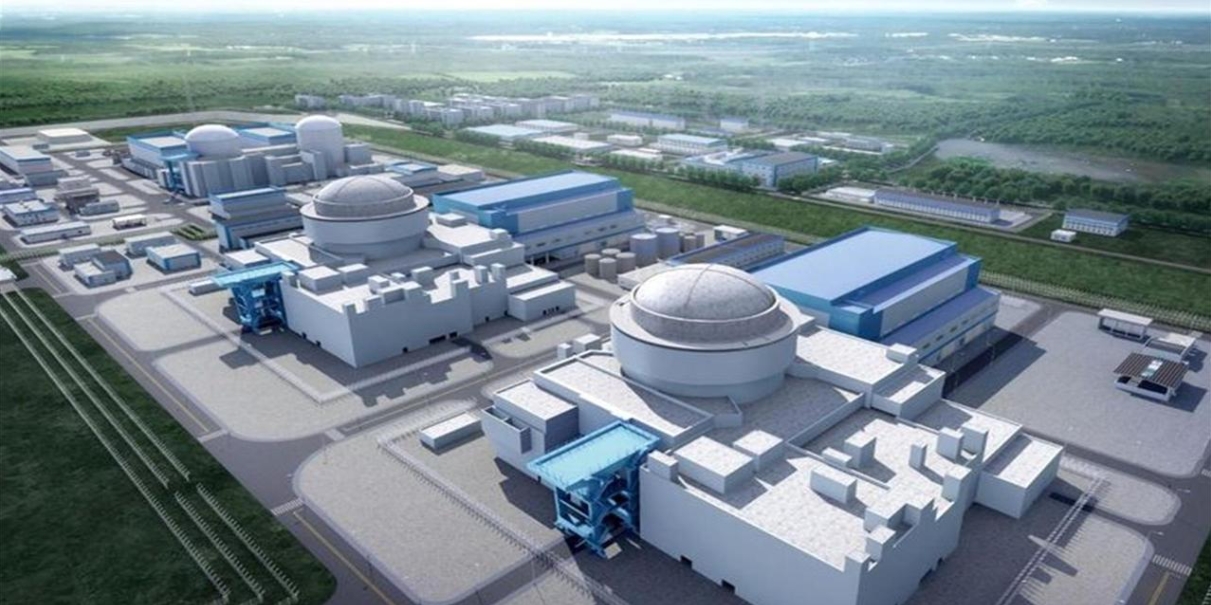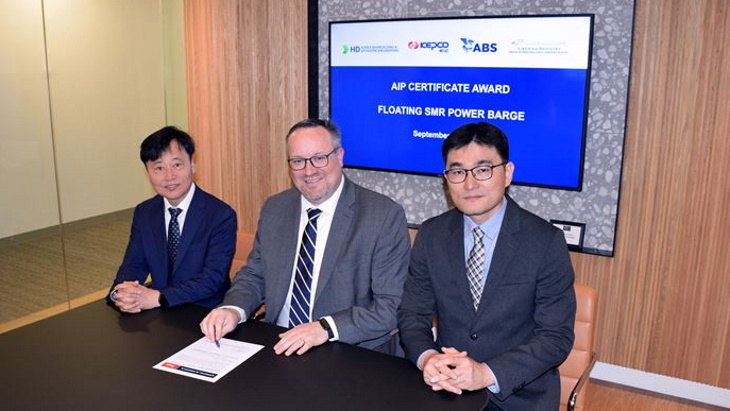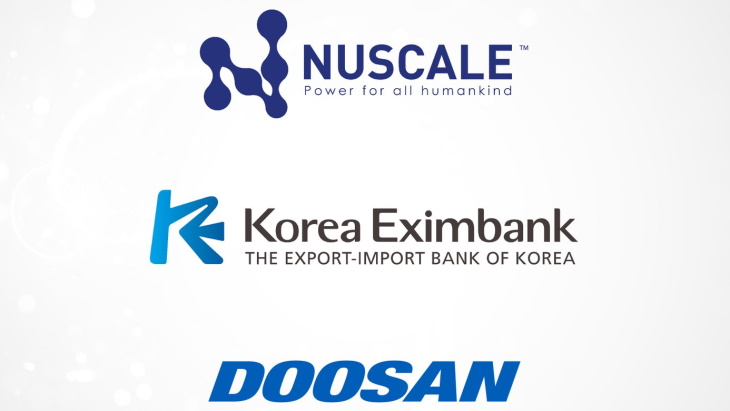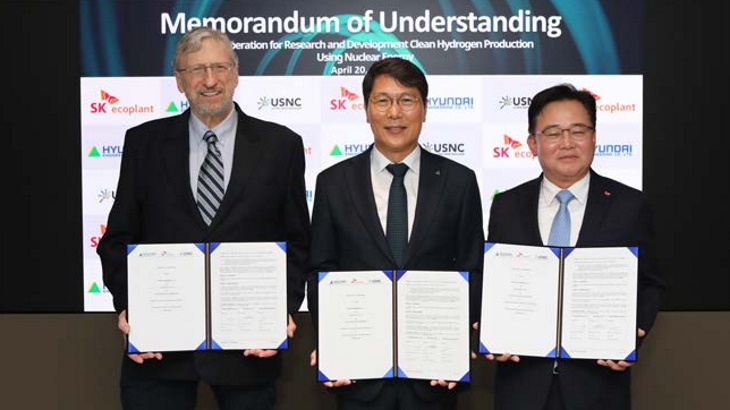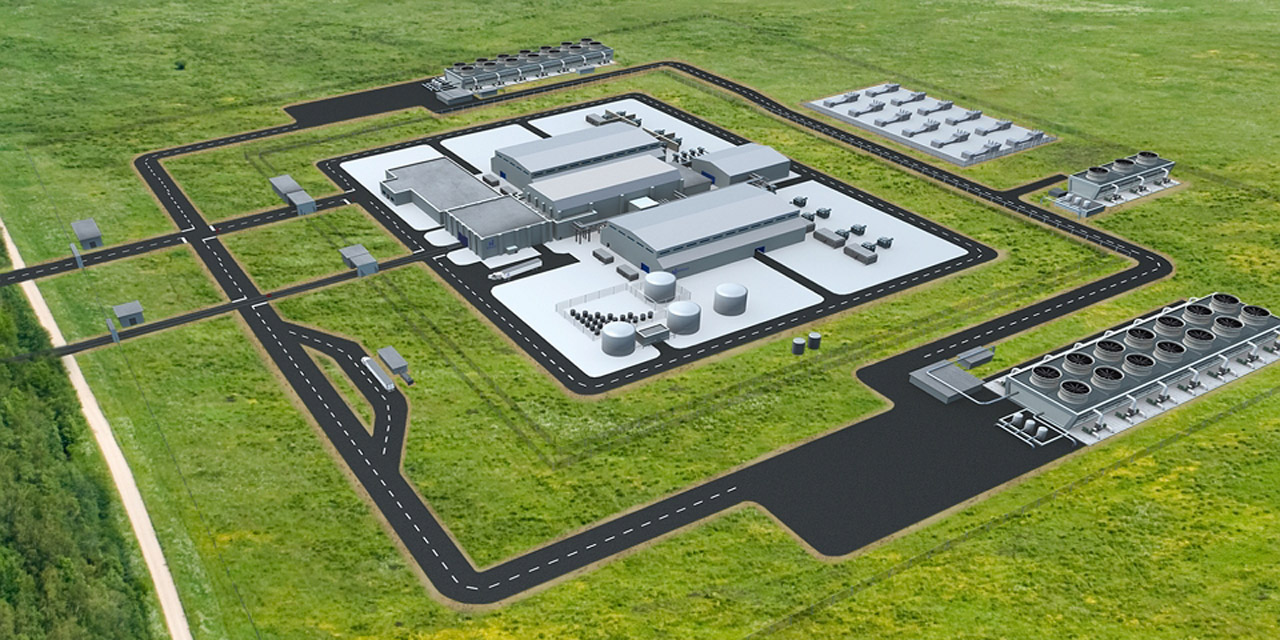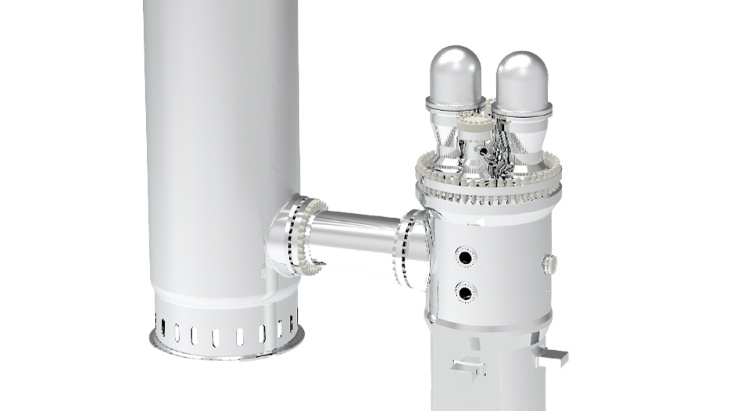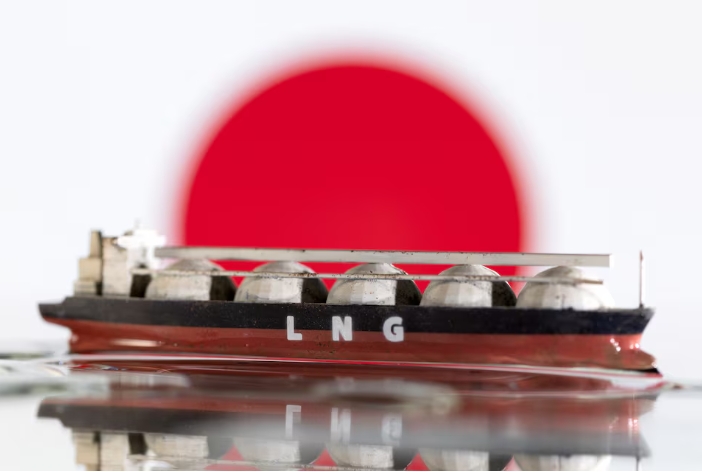
The measures include financial support for securing storage tanks in Japan and abroad and creating a framework allowing companies to resell excess supplies in the market, mitigating the risk of surplus from lower-than-expected demand during the contract period, the public broadcaster reported, without citing sources.
Gas-fired power generation accounts for about 30% of Japan's power mix. Japan, the world's second-biggest LNG importer, faced heightened energy security risks after Russia's invasion of Ukraine, which led to soaring spot LNG prices and subsequently increased electricity costs.
To mitigate these risks, the Ministry of Economy, Trade and Industry (METI) is exploring measures to assist Japanese companies in committing to long-term LNG contracts, potentially spanning around 10 years, as LNG remains a crucial fuel source for Japan for the time being, the public broadcaster said.
The METI plans to hold a meeting with energy experts on Wednesday to discuss these measures, according to NHK.
The ministry also intends to stress the importance of the government outlining the necessary LNG quantities and a government-led initiative to secure LNG if needed as a contingency, NHK said.
